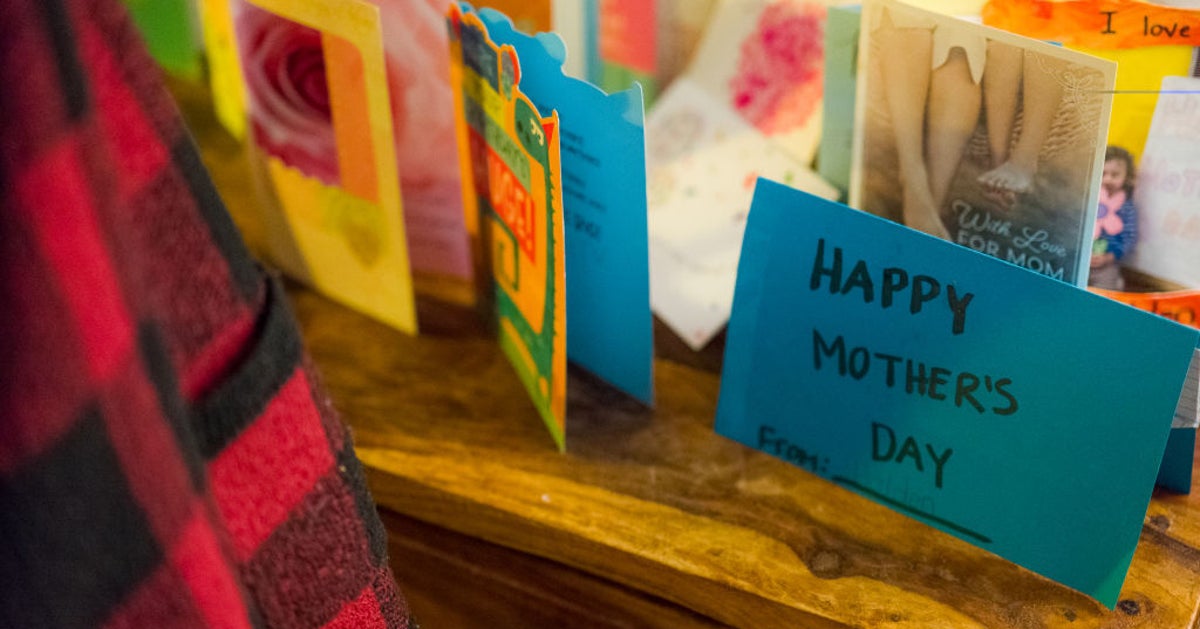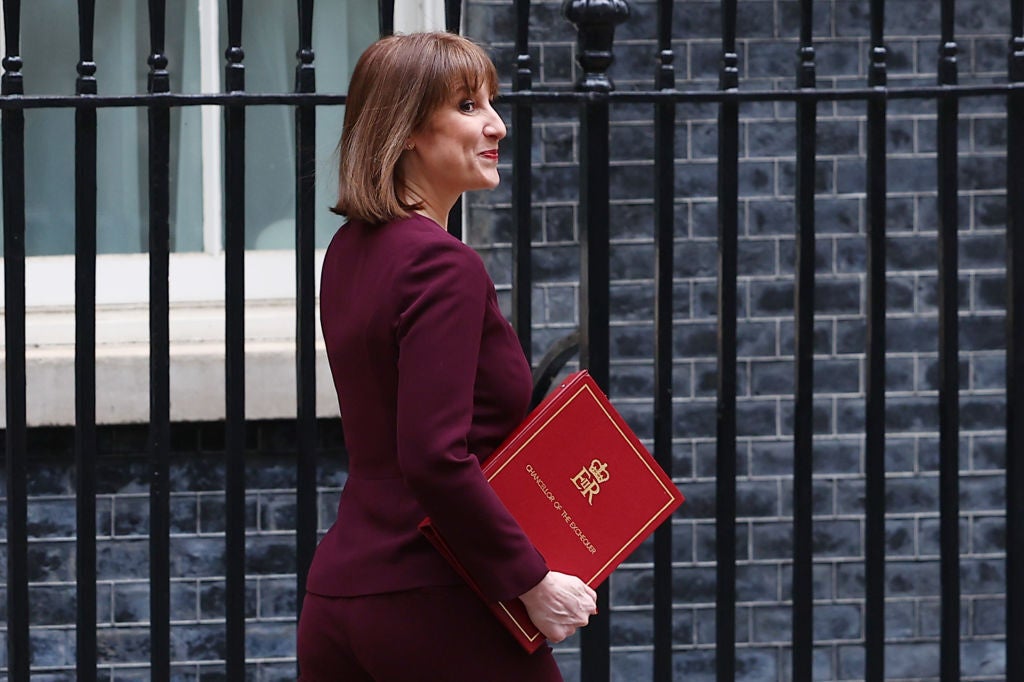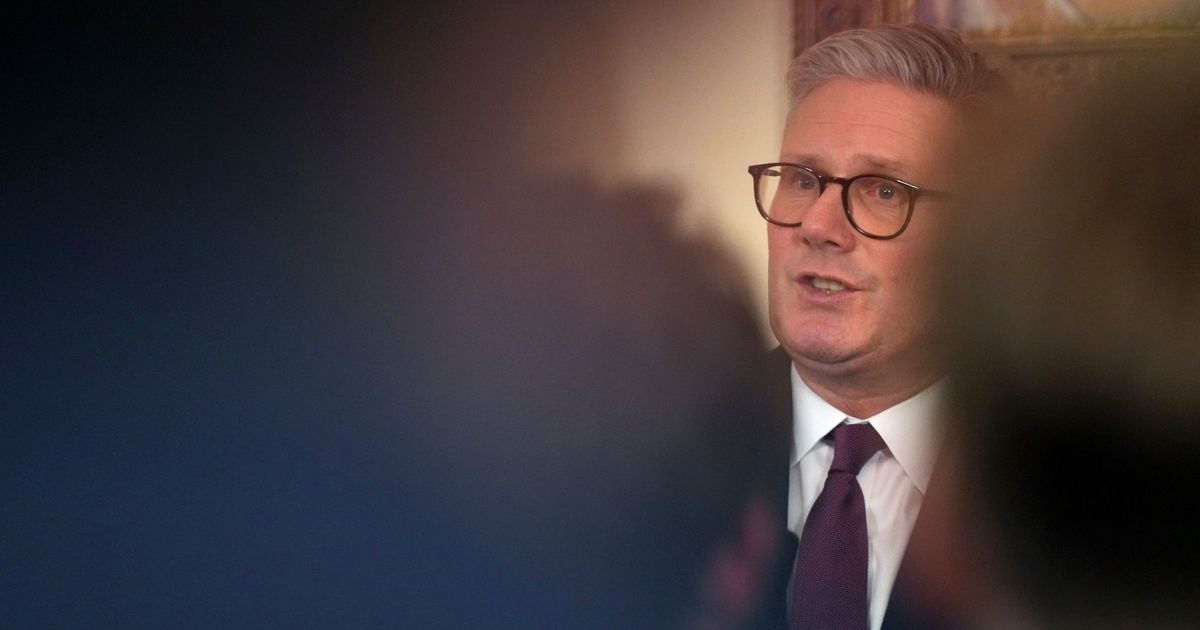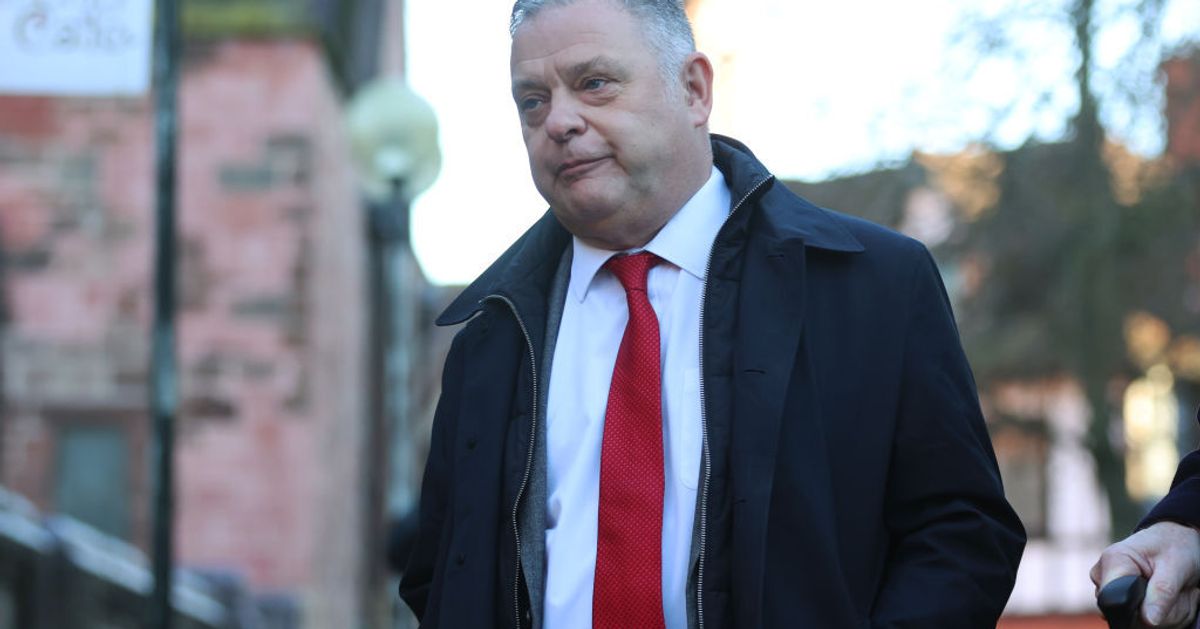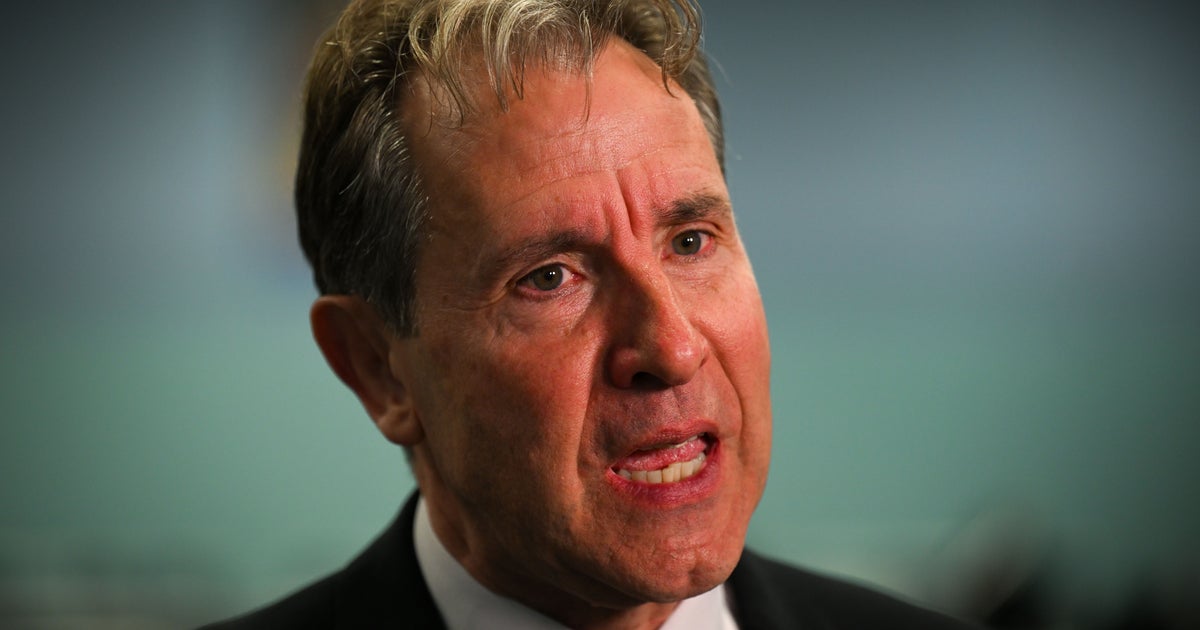
An MP has been suspended from the Commons and had the Labour whip removed after he was arrested on suspicion of rape and child abuse offences.
Dan Norris was taken into custody on Friday after his constituency home was raided.
Police say he was also arrested on suspicion of misconduct in public office.
Now he’s been suspended, Norris cannot contribute to debates or votes in the Commons for an unspecified period of time.
Advertisement
He is also no longer party of Labour’s parliamentary group now he’s been stripped of the whip.
Norris ousted the Conservatives’ Jacob Rees-Mogg when he was elected in July 2024′s general election to represent North East Somerset and Hanham.
He was previously elected as the MP for Wansdyke between 1997 and 2010, and served as a junior minister under Gordon Brown and an assistant whip under Tony Blair.
He became a mayor of the west of England in 2021 but is due to step down ahead of May’s local elections.
Advertisement
According to his website, Norris trained with child protection services the NSPCC and previously worked as a teacher and child protection officer.
A Labour party spokesperson said: “Dan Norris MP was immediately suspended by the Labour party upon being informed of his arrest.
“We cannot comment further while the police investigation is ongoing.”
Responding to the news on Sunday morning, chief secretary to the Treasury Darren Jones told Sky News: “Clearly we’re all shocked and personally saddened by the serious allegations that have been made.
Advertisement
“It’s right that the Labour Party suspended the whip immediately when police informed the party of Dan Norris’s arrest.
“But, as the police have said, this is a sensitive investigation and we shouldn’t be commenting further at this stage.”
Avon and Somerset Police confirmed a man in his 60s was arrested on Friday on “suspicion of sexual offences against a girl (under the Sexual Offences Act 1956), rape (under the Sexual Offences Act 2003), child abduction and misconduct in a public office.”
Advertisement
“He’s been released on conditional bail for enquiries to continue,” the police said. “This is an active and sensitive investigation, so we’d respectfully ask people not to speculate on the circumstances so our enquiries can continue unhindered.
“In December 2024, we received a referral from another police force relating to alleged non-recent child sex offences having been committed against a girl.
“Most of the offences are alleged to have occurred in the 2000s, but we’re also investigating an alleged offence of rape from the 2020s.
Advertisement
“An investigation, led by officers within Operation Bluestone, our dedicated rape and serious sexual assault investigation team, remains ongoing and at an early stage.
“The victim is being supported and given access to any specialist help or support she needs.”
Norris has also stepped down from his role as the chair of animal welfare charity League against Cruel Sports, a spokesperson for the non-profit confirmed.
Help and support:
- Childline – free and confidential support for young people in the UK – 0800 1111
- Rape Crisis services for women and girls who have been raped or have experienced sexual violence – 0808 802 9999
- Survivors UK offers support for men and boys – 0203 598 3898



